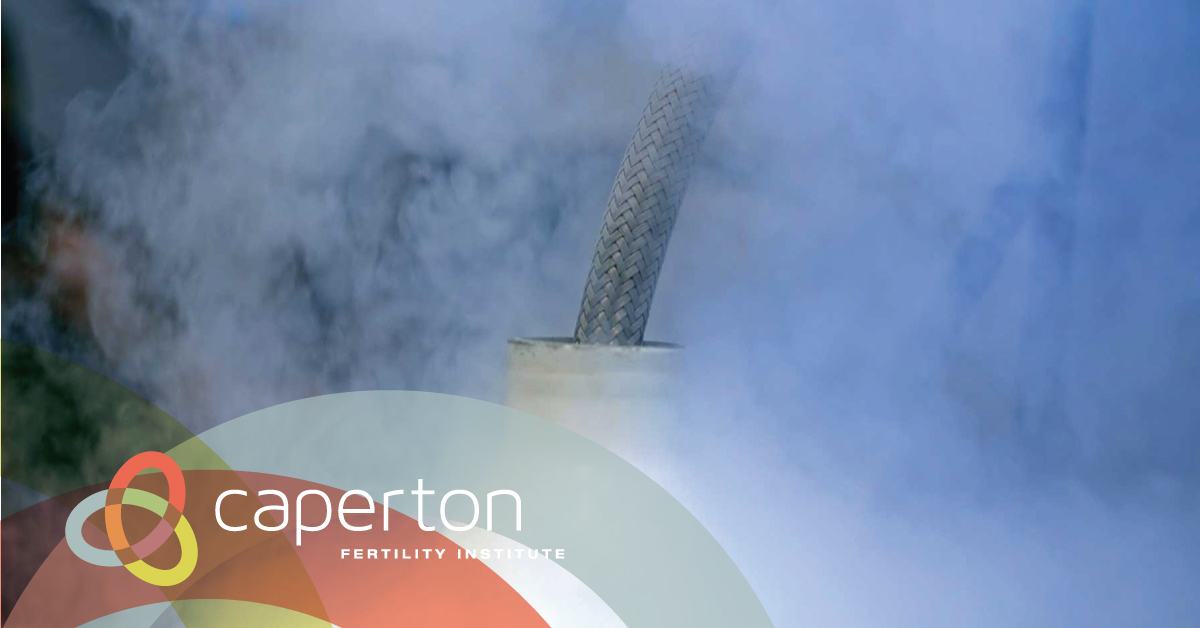Thousands of Frozen Eggs and Embryos Compromised
Our hearts are with all those individuals and families facing the tragic loss of thousands of frozen eggs and embryos in Ohio and California following the cryostorage freezer temperature malfunctions in the days past. We understand the shock and concern that has been exacerbated by these devastating events just days apart at the University Hospitals Fertility Center in Cleveland and Pacific Fertility Center in San Francisco.
How Could This Fertility Clinic Disaster Happen
The investigative reports in the coming weeks will confirm why and how the Cleveland and San Francisco fertility clinics’ cryostorage freezers malfunctioned. This is a truly lamentable situation and one which forces us to reflect and be reminded that few darker nightmares exist for physicians, nurses, technicians and staff who dedicate countless hours to care and protect the welfare of their patients.
We suspect both clinics utilized automated solenoid technology. These systems use cryogenic solenoid valves designed to operate with liquid nitrogen (LN2) in any orientation with minimal current for continuous use. If the solenoid fails in refilling the LN2, the valves stay in the upward position, and the biologic freezer tank empties, causing the fluid temperature ranges to drop. However, solenoid systems are typically equipped with sensors and alarms should any malfunctions take place. This leads us to believe notifications were overlooked.
Does Caperton Fertility Institute Use Automated Solenoid Valves?
No, at Caperton Fertility Institute, we do not use this kind of technology. Instead, we refill the tanks by hand and check the liquid nitrogen levels on a daily basis. While a manual process, it requires fastidious attention to detail by our most trusted embryologists and fertility doctors. It also provides an extra layer of monitoring to give you (and us) peace of mind that your frozen eggs, embryos, and sperm are safe. Otherwise, laboratory access in our facility is electronic and is limited to a very small number of personnel.
We also use a temperature alert system which has individual cryoprobe monitors inside each freezer tank. Equipped with an automatic error handling system, in the event the temperature drops a few degrees, we are notified across all channels and devices. These include notification calls to our cell phones, SMS text messages, and
email.
What Else Should I Know About Your Lab?
The Caperton Fertility Institute embryology lab is internationally acclaimed for its state of the art design and newest, most cutting-edge technology with many internal safety mechanisms. The laboratory and clean room, designed by Dr. Caperton, is the only one of its kind in the state of New Mexico. The fertility clinic is the recipient of the prestigious CAP Accreditation from the College of American Pathologists. It is the highest level lab accreditation in the nation and a direct reflection of our unwavering commitment to providing exceptional quality care to our patients and ensuring the safety of eggs, embryos, and sperm.
What Happens If The Power Goes Out?
Power outages happen. But we’ve taken proactive measures at Caperton Fertility Institute. For growing embryos, we have a dedicated backup generator which comes directly off the City of Albuquerque’s gas line. So, in the event the office building’s power supply fails, our backup generator provides our own supply to all the incubators and to the embryology laboratory.
Anything Else I Should Know?
Both the Caperton Fertility Institute suite and the office building have video surveillance monitors to capture any suspicious behaviors in addition to suite alarms in the event of a break-in. Furthermore, as a Class A building constructed with the newest and highest quality building materials in the market, the infrastructure is second to none. Because the suite is located on the second floor, building plumbing leaks or other issues that may result in contamination of the laboratory are highly unlikely. And finally, Albuquerque, NM has one of the lowest incidences of national disasters in the USA. Because of this, we believe Albuquerque is a choice location to keep frozen eggs, embryos, and sperm safe.
Once again, we are devastated by these recent events and their impact upon patients, families, clinicians, and all those medical professional involved. If you have any questions about our facility, embryology lab, protocols and/or procedures in place, please do not hesitate to email info@capertonfertility.com or call us at 505.702.8020.

